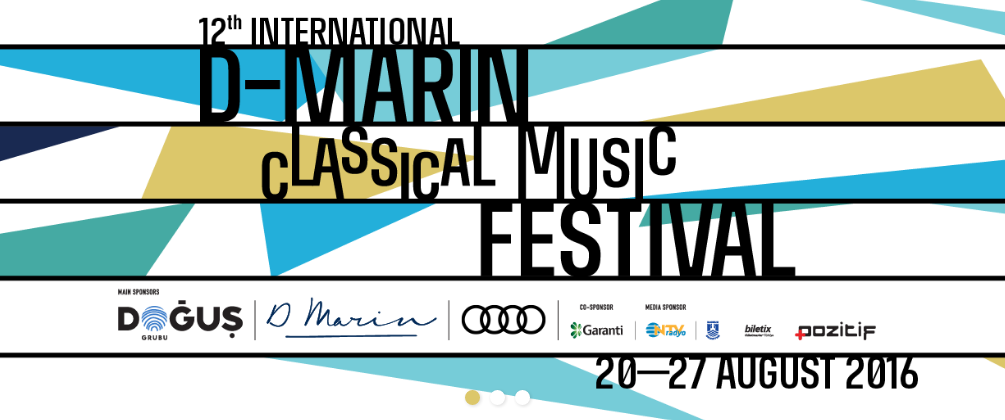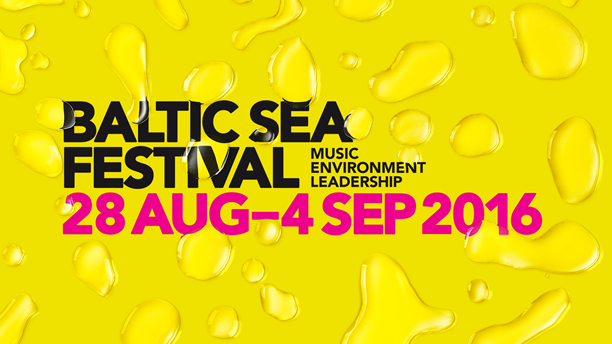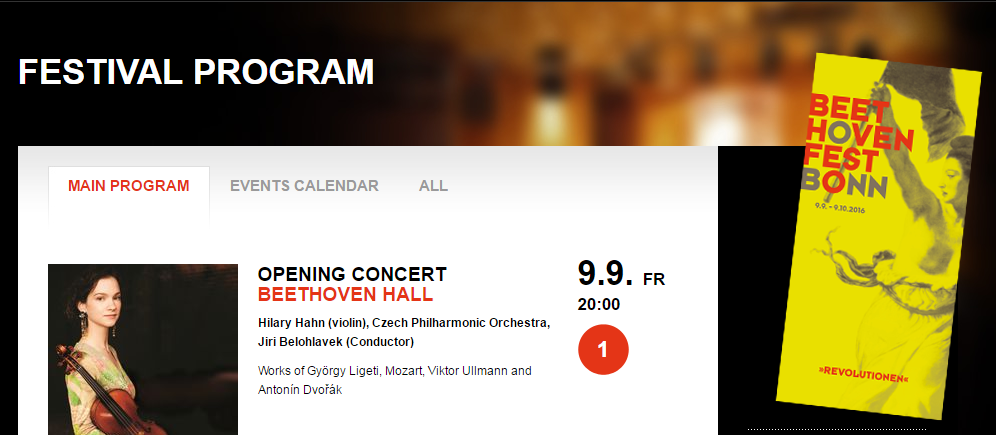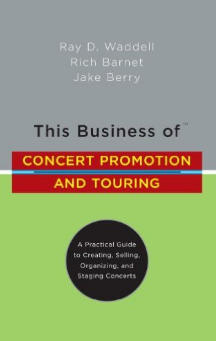For anyone who prefers Mozart, Bach, or Brahms over electronic music of popular DJs, there are a lot of excellent classical music festivals to choose from. Moreover, while you’re there, you can also do some sightseeing, since most of the events are held in good holiday locations, which provide endless possibilities, beyond the music. Here are the best five festivals that you can’t miss the following months.
Musique Cordiale Festival
July 30th –August 13th 2016, Provence, France

Source – Musique Cordiale
An exciting summer festival of classical music, song, oratorio and opera, set in medieval hills between Nice & Aix-en-Provence, Musique Cordiale is one of the most significant music events in the area. Over 100 musicians pour into the village of Seillans to embark on two weeks of intense music-making.
2016 will be the 12th edition of the festival and will feature over 18 concerts including major choral and orchestral works, chamber ensembles, and late-night recitals in churches, chapels, or under the stars. The choral tradition remains an integral part of Musique Cordiale and a major work for choir closes the festival each year.
Nonetheless, Musique Cordiale makes no charge for children aged 13 or under as long as they are accompanied by an adult, because they want to encourage young people to appreciate music.
More info at: www.musique-cordiale.com
International D-Marin Classical Music Festival
August 20th – 27th 2016, Bodrum – Turkey

Source: International D-Marin Classical Music Festival
The first and only classical music festival organized at a marina, the festival hosted more than 3,800 artists and musicians on stage with 98 concerts during the last 11 years. The line-up of the festival this year includes great musicians and orchestras such as İdil Biret, Daniel Kharitonov, Lucienne Renaudin-Vary, Presidential Symphony Orchestra, London Chamber Orchestra, Bilkent Symphony Orchestra, and Tonhalle-Orchestra Zurich.
The organizers also have prepared lots of other activities: workshops for children – with classical music in the background -, cooking workshops, open-air movie screenings, story-telling, and an art exhibition in addition to concerts that begin in the morning and continue through the sunset. Moreover, by attending the event you can also contribute to the well-being of those in need: all ticket income from the festival is donated to the Tohum Autism Foundation and Bodrum Health Foundation.
More info at: http://www.dmarinfestival.com/en/
Baltic Sea Festival
August 28th – September 4th, 2016, Berwaldhallen, Stockholm, Sweden
Baltic Sea Festival was founded in 2003 by Michael Tydén, former director of Berwaldhallen in Stockholm, Esa-Pekka Salonen, conductor and composer, Valery Gergiev, conductor and director of the Mariinsky Theatre in St. Petersburg.

Source: Baltic Sea Festival
Over the years, audiences in Berwaldhallen has been invited to performances by, among others, the World Orchestra for Peace, Mariinsky Theatre Orchestra, West-Easter Divan Orchestra, Swedish Radio Symphony Orchestra, Swedish Radio Choir, and conductors Esa-Pekka Salonen, Valery Gergiev, Riccardo Muti, Daniel Barenboim, Daniel Harding, Peter Dijkstra. There have been several world premieres of new music at the festival.
More info at: http://sverigesradio.se/sida/default.aspx?programid=3430
Lucerne Festival
August 12th – September 11th 2016, Lucerne, Switzerland

Source: Lucerne Festival
Famous orchestras, legendary conductors, and virtuoso soloists join together three times a year on the idyllic location of Lake Lucerne to celebrate the joy of music. 110,000 visitors annually visit Lucerne to experience one of the most exquisite and storied music festivals and to hear the international stars of classical music right in the heart of Switzerland.
Along with cultivating the traditional repertoire, which is performed by leading international performers, Lucerne Festival is deeply committed to the realm of contemporary music: each year the work of one or two composers-in-residence is given a spotlight.
Another cool thing at Lucerne Festival is that before the concert begins, you can reserve your drinks and snacks for intermission right at the KKL Luzern event hall.
More info at: www.lucernefestival.ch
Beethovenfest
September 9th – Octomber 9th, Bonn, Germany

Source: Beethovenfest
Approximately 2,000 artists appear during the Beethovenfest Bonn every year. This year, the concerts take place in 25 different locations in Bonn and its rural environment: concert halls, churches, museums, former parliament buildings, historical industry sights, modern office buildings and castles.
The opening concert, which takes place at Beethovenhalle, is held by Hilary Hahn (Violine), Tschechische Philharmonie, Jiří Bělohlávek (Conductor), based on works by György Ligeti, Wolfgang Amadeus Mozart, Viktor Ullmann and Antonín Dvořák. The average ticket price is 40 Euros, but school and college students get a 50 % discount for all concerts.
More info at: www.beethovenfest.de






 You might also want to check out some interesting books about concerts and tours. One of them is “
You might also want to check out some interesting books about concerts and tours. One of them is “